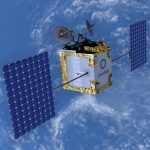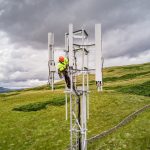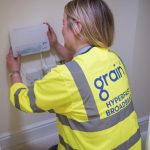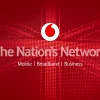Ofcom UK Open 900MHz, 1800MHz and 2100MHz to 4G Mobile Broadband
The communications regulator, Ofcom, has today officially allowed Mobile Network Operators (MNO) in the United Kingdom to repurpose their existing radio spectrum (specifically 900MHz, 2100MHz and 1800MHz) for use by the new generation of superfast 4G (LTE) based Mobile Broadband services.
Ofcom has been consulting on the proposals since February 2013, which originally stemmed from a request by Three UK and Vodafone (here). Nobody expected the regulator to oppose such a request since the EU has long supported a policy of spectrum harmonisation that allows older 2G and 3G radio spectrum to be used for 4G.
Advertisement
In addition Ofcom has also granted O2 and Vodafone’s joint request to increase the maximum permitted base station power in the 900MHz licences by 3dB.
Ofcom’s Statement
“This decision delivers a long standing objective to liberalise all mobile licences so as to remove the regulatory barriers to deployment of the latest available mobile technology. Even though operators may not seek to deploy 4G services in the newly liberalised bands in the immediate future, the interests of consumers will be served by the fact that these bands have been liberalised now, ahead of a market led transition to their use for 4G technology in future. As a result, operators can plan and implement a transition to 4G technology in these bands without having to engage in a further regulatory process.”
Mobile operator Three UK are expected to be among the first to make use of the change when they take possession of a slice from EE’s old 1800MHz spectrum in September 2013, which will be used alongside the 800MHz band to support their new 4G network (note: EE has of course been allowed to use 4G at 1800MHz for awhile now).
Last year O2 also repurposed its 900MHz spectrum to support 3G services and it could, if it wanted, now expand this to include 4G. However 4G might need a little more time to expand before it goes down that path.
Mark is a professional technology writer, IT consultant and computer engineer from Dorset (England), he also founded ISPreview in 1999 and enjoys analysing the latest telecoms and broadband developments. Find me on X (Twitter), Mastodon, Facebook, BlueSky, Threads.net and Linkedin.
« BT Sign £264m Superfast Broadband Upgrade Contract for Scotland UK

















































Comments are closed